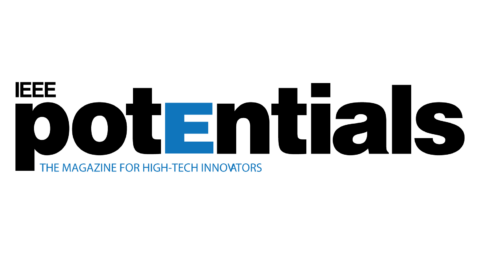Theme Issue: Augmented, Virtual, and Mixed Reality
Release: November/December 2023
Lead Editors:
Stamatis Dragoumanos, sdragou@gmail.com
Shaikh Fattah, s.a.fattah@ieee.org
IEEE Potentials is the IEEE’s global magazine for students, with a circulation of 140,000. Augmented
(AR), Virtual (VR) and Mixed Reality (MR) seem to be the most intriguing emerging technologies with
great potential for many disciplines, which are capable of reshaping human perceptions through realtime
interactive environments. Due to rapid advancement of various technologies, especially Artificial
Intelligence and Robotics, VR can offer a user immersive experience of the 3D world and AR can
give the perception of reality and virtuality. Nevertheless, it seems that AR/VR/MR applications are
not easily adopted for massive usage and the user experience in such environments is still not the
smoothest one. This theme issue will explore the various technological advancements that are used
in AR/VR/MR to create emerging experiences as well as applications of AR/VR/MR including but
not limited to business, industry, healthcare, education, cultural heritage, entertainment and games.
This theme issue will also address the social, political, and ethical impacts of these technologies
and applications.
The evolution of haptics, motion capture, gesture recognition, ubiquitous computing and their role
in a more emerging experience is also of interest of this theme issue.
We invite submission of manuscripts for publication. Topics include but are not limited to:
- Augmented Reality Applications
- Virtual Reality Applications
- Interactive Technologies
- Display technologies for VR/AR;
- Simulation Design and Engineering
- Content creation and management for VR/AR;
- Motion Capture and Tracking
- Human-Computer Interaction
- User Interface Design
- Perception/presence in VR/AR;
- Performance, cultural heritage and art in VR/AR;
- Physiological sensing for VR/AR;
- User experience/usability in VR/AR;
- Visualization/visual analytics with VR/AR;
- Ubiquitous Computing including practical, technical, empirical and theoretical aspects
- Software architectures, toolkits, and engineering
- Teleoperation and telepresence
- User experience and usability
- Cultural heritage applications
- Industrial applications
- Healthcare applications
- Education applications
- Diversity and gender issues
- Embodied agents, virtual humans, and (self-)avatars
- Ethical issues
- Haptic interfaces and rendering
Submission of Papers: Prospective authors are invited to submit articles of up to 4,000 words.
Articles should be aimed at a student audience and should not represent original research. The
IEEE Potentials style requires no abstract, no citations from within the main text, and minimal
equations but liberal use of relevant, captioned illustrations and photographs is encouraged. For
more information, refer to the magazine’s information for authors section. Articles for consideration
should be submitted through http://mc.manuscriptcentral.com/pot-ieee.
| Items | Dates |
| Manuscript submission Notification of paper acceptance Accepted manuscript upload Publication date |
1 June 2023 1 August 2023 25 August 2023 November 2023 |
Please note that the deadline is just a guideline – once enough articles have been received for an edition submissions for that theme will close.



